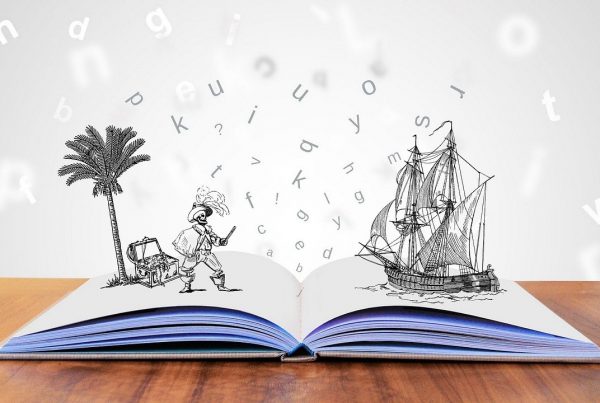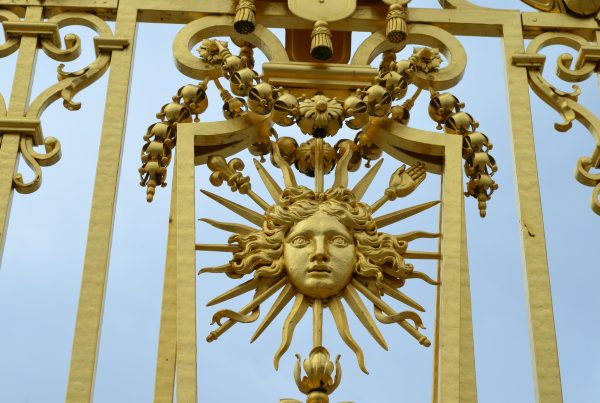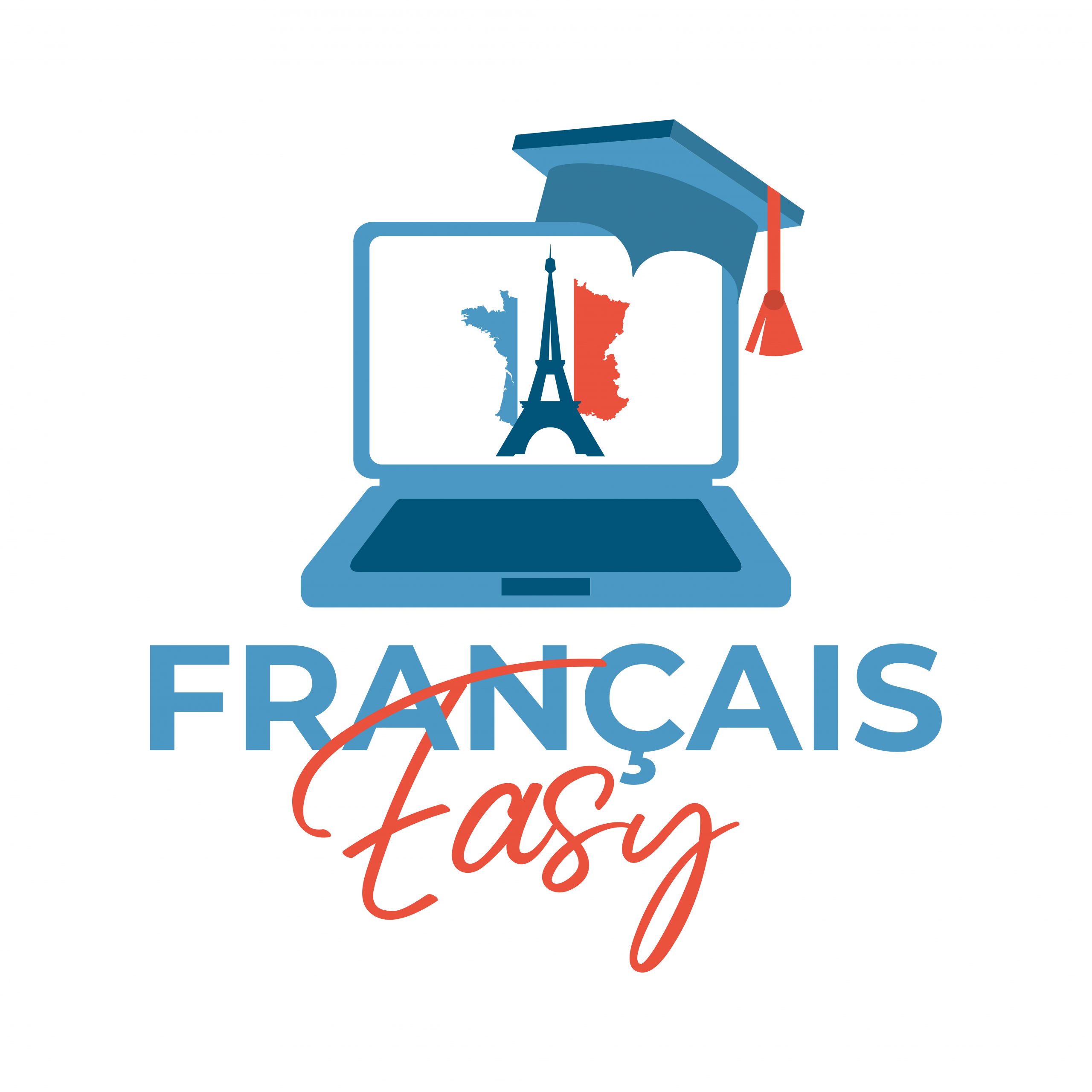[M[/nectar_dropcap]adagascar is a French-speaking country that also has its own language: Malagasy. Many wonder why the inhabitants of this large island speak French. To find out, a look at its history is in order.
Its history
In Madagascar, only about 20% of the inhabitants master French. They are therefore bilingual and use the language of Molière almost daily, whether to speak or to write. Moreover, the mother tongue is not spoken internationally and the Malagasy need to master the international language of French to communicate with foreigners.
It all started before colonization. Before the 19th century, the island was still a kingdom. At that time, there was a withdrawal and a small opening to the Western world. It was in 1862 that Catholic missions began to teach French on the island. But this was in competition with the mother tongue and English.
Its colonization
The colonization began in 1896 until 1960. It lasted 64 years. During these long years, the French managed the island and everything had changed, especially in terms of the French language. The royalty had been dethroned and many things had changed. The island language had been devalued in favor of the one used by the colonizers. Education had been Frenchized and secularism had also been established. But before that, the various Christian missions that arrived on the island taught the Latin alphabet.
Its independence
After its independence in 1960, Madagascar has kept many of the customs acquired during its more than 60 years of colonization. The French language is one of them. In the field of education, from primary school to university, pupils and students learn in French. This language is an integral part of the life of the islanders and this is not likely to change overnight. In fact, even when the island became independent, French has always dominated. So there has been little change compared to the colonial era.
It was during the Second Republic, from 1975 to 1991, that there was the phenomenon of “malgachisation”. The French language was ousted this time in favor of Malagasy. Nevertheless, it remained the second language of the country. This has not changed, even after an attempt by the Head of State to introduce English in 2002. But this other language has also taken an important place in the daily lIts independenceife of some Malagasy.
In short, the history between the Malagasy and French is quite complicated. Nevertheless, to travel in Madagascar, speaking this language is essential since most people do not use English.





